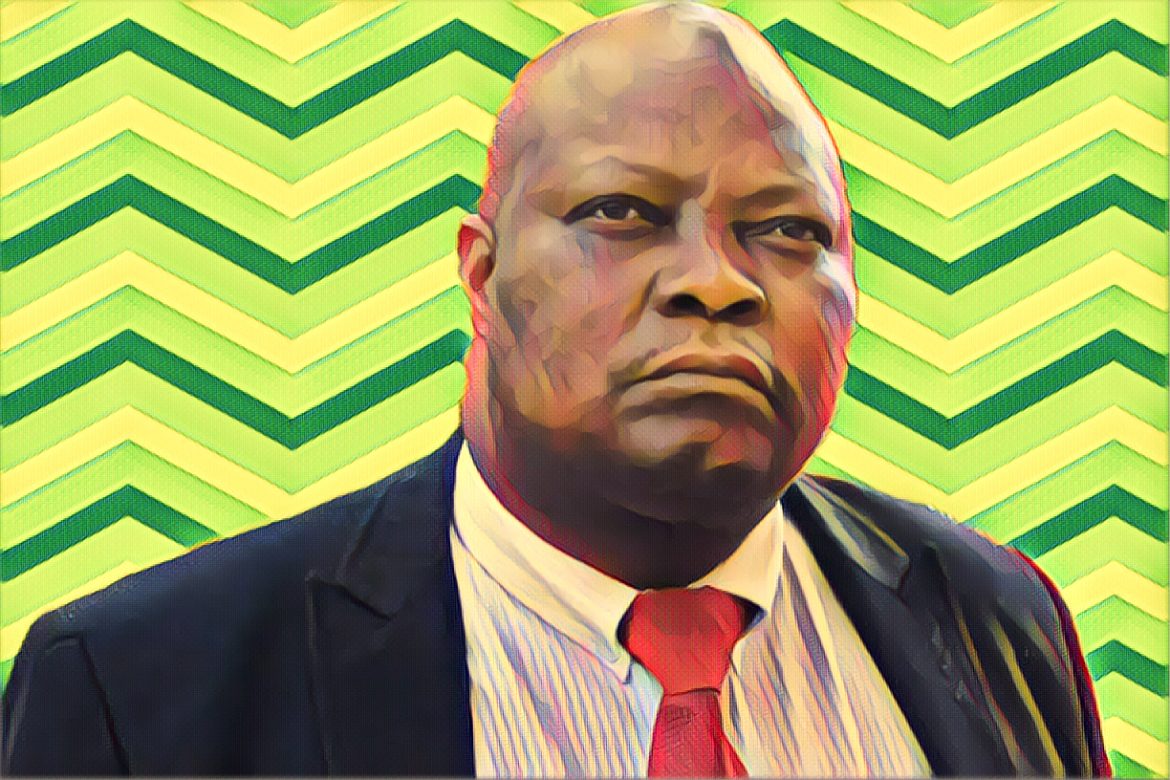In a significant legal development, the Harare Magistrates Court has deferred the judgement in the case involving Job Sikhala, a notable figure in Zimbabwean politics, to February 7th. Sikhala, known for his vocal opposition stance, faces charges of publishing alleged falsehoods on a social media platform, X (formerly Twitter). This delay comes after the prosecution submitted their closing arguments only this morning, leaving the magistrate, Feresi Chakanyuka, insufficient time to prepare the judgement.
Sikhala, who has been a central figure in Zimbabwe’s political landscape, is accused of posting that a police officer fatally struck a baby with a baton stick during a road traffic operation. This claim has stirred significant public and political discourse, highlighting the tensions between law enforcement and civilian interactions in Zimbabwe.
In addition to this case, Sikhala’s legal battles extend to another significant charge. Later today, at 1415 hours, he will learn the outcome of a separate case which resulted in his imprisonment last year. He is co-accused with CCC MP Godfrey Sithole in this matter, where both face charges of inciting public violence in Nyatsime. This follows the murder of opposition activist Moreblessing Ali, an incident that sparked widespread outcry and protests, particularly among opposition supporters.
The courtroom saw a gathering of opposition politicians in solidarity with Sikhala, including Tendai Biti, Charlton Hwende, and Munyaradzi Kufahakutizwi. Biti, visibly affected by the proceedings, expressed his dismay at the situation but refrained from making extensive comments to the media, citing lack of authority to speak on the matter.
The trial has garnered considerable attention, not only from the political community but also from the general public. Outside the courtroom, a significant security presence was noticeable, with anti-riot police officers stationed around the premises. This deployment reflects the authorities’ anticipation of potential public unrest, a testament to the high-profile nature of the case and Sikhala’s influence.
In a display of public sentiment, flash protests erupted with a small group of activists vocally demanding Sikhala’s immediate release. These protests, though contained, underscore the polarized opinions surrounding Sikhala’s legal troubles and the broader context of political expression and dissent in Zimbabwe.
Sikhala’s legal challenges come at a time of heightened political sensitivity in Zimbabwe, where the space for opposition voices has been a subject of intense debate. His cases are seen by many as a litmus test for the state of democracy and freedom of expression in the country.
This postponement adds another chapter to the ongoing narrative of political legal battles in Zimbabwe. The cases against Sikhala have been closely watched by both national and international observers, reflecting the broader challenges facing opposition figures in Zimbabwe. These developments are indicative of the intricate and often contentious relationship between the government and opposition parties, and the role of the judiciary in navigating these complex dynamics.
As Zimbabwe continues to grapple with issues of governance, political expression, and the rule of law, the outcomes of Sikhala’s trials will undoubtedly have significant implications. They are not just about one individual’s legal battles but are emblematic of the broader struggle for democratic space and the respect for human rights in the country.
As the nation awaits the magistrate’s judgement on February 7th, the cases against Sikhala remain a focal point of discussion and analysis, both within Zimbabwe and in the international community. These proceedings are a critical barometer of the state of political freedoms in Zimbabwe, and their outcomes will be closely scrutinized for indications of the country’s direction in terms of democratic governance and the rule of law.


